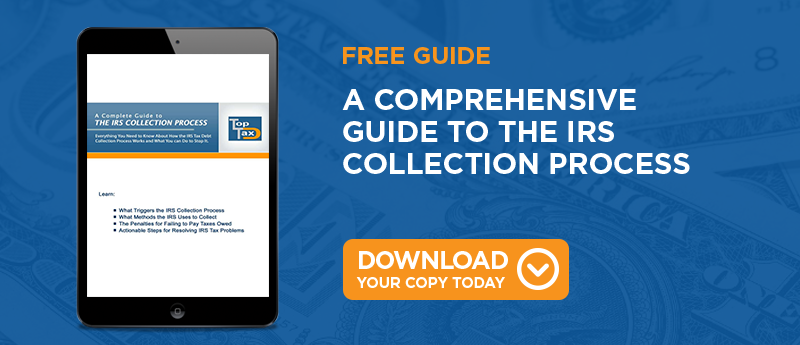
When you operate a nonprofit business, you enjoy tax protections that are not available to for-profit business owners. While these tax breaks allow you to serve the community and provide services that help those in need, you still have the obligation to deduct and remit payroll taxes to the government. In fact, if you fail to meet this obligation, the IRS could levy significant penalties and punishments against everyone involved in the day-to-day financial operations of your company. Rather than allow your board, managers and even your volunteers be targeted in such a way, you can use these strategies to protect your staff and avoid owing the IRS delinquent payroll taxes.
Retain a Payroll Service
Arguably, one of these primary ways that you can avoid owing the IRS delinquent taxes would be to hire a payroll service for your nonprofit business. When you retain a payroll company, you can be assured that your employees' earnings will have the appropriate amount of deductions for FICA, Social Security, Medicare and other taxes withheld.
Even more, the payroll service can help you remit these taxes to the government each year, allowing you to take care of this obligation without error or delay. With this service, you avoid the ire of the IRS and can likewise protect you, the board, volunteers and other staff from undue scrutiny.
Find Solutions to Your Tax Debts
If you do owe the IRS payroll taxes from previous years, you should do everything in your power to remit those taxes immediately or find a way to settle this obligation without having your assets or those of your staff targeted. In fact, just as it does with private citizens, the IRS offers a variety of ways to settle delinquent taxes.
For example, you could offer to compromise and pay a lesser amount. You could also ask for an extension or request a payment agreement. In some cases, it may be better for your nonprofit to file for bankruptcy. These solutions could protect your assets and also help your volunteers, board members and other managerial staff avoid being fined or punished for your business' tax obligation.
Invest in Indemnity Insurance
When it comes to collecting delinquent payroll taxes, the IRS does not care if you are to blame or if someone else at your company actually is at fault for this oversight. Even more, the agency can legally hold everyone responsible at the company who has influence over the finances or has the ability to write and endorse checks in the business' name.
With that, you can protect your staff and your board members by investing in insurance with indemnity clauses that will assume responsibility for this infraction. In fact, your directors and officers should likewise have this insurance made available to them so that people under their direction can avoid having their houses, earnings, cars and other assets seized for an error that ultimately lies at the feet of you and your directors.
Define Staff Responsibilities Clearly
As witnessed in several recent cases regarding delinquent payroll taxes, clearly defined responsibilities in a company's by-laws can help employees and volunteers avoid being punished for something that was not their fault. You should clearly define who is in charge of the taxes and the money at your company and help others in your employ avoid being targeted by the IRS if or when you owe delinquent taxes.
Make Sure Taxes Are Paid
This suggestion sounds extremely basic; however, it is one that many business owners would do well to remember. In fact, you may be tempted to pass off this obligation to a financial officer or manager at your business. You may also assume that your payroll company will do this without you having to make sure the taxes are actually remitted on time.
In the end, you are the sole person responsible for your business and its payroll taxes, however. Even if you have the best payroll company at your service and the most competent CFO in your employ, you should still make sure that your payroll taxes are sent in on time and without errors. Once you verify it for yourself, you can rest assured that you are a responsible and proactive business owner who wants to keep a good relationship with the IRS.
When your business is not-for-profit, you are given tax breaks that let you serve your target audience better. However, these exemptions do not dismiss you from having to deduct payroll taxes from your employees' salaries. Because the IRS expects you to remit your payroll taxes on time, it is critical that you know what strategies to use to avoid being in default of this obligation. These reminders can also protect your volunteers, staff, board members, and others at your company from having to pay penalties to the IRS.




